TIFF 2020
A GOOD MAN IS WEATHERING THE STORM
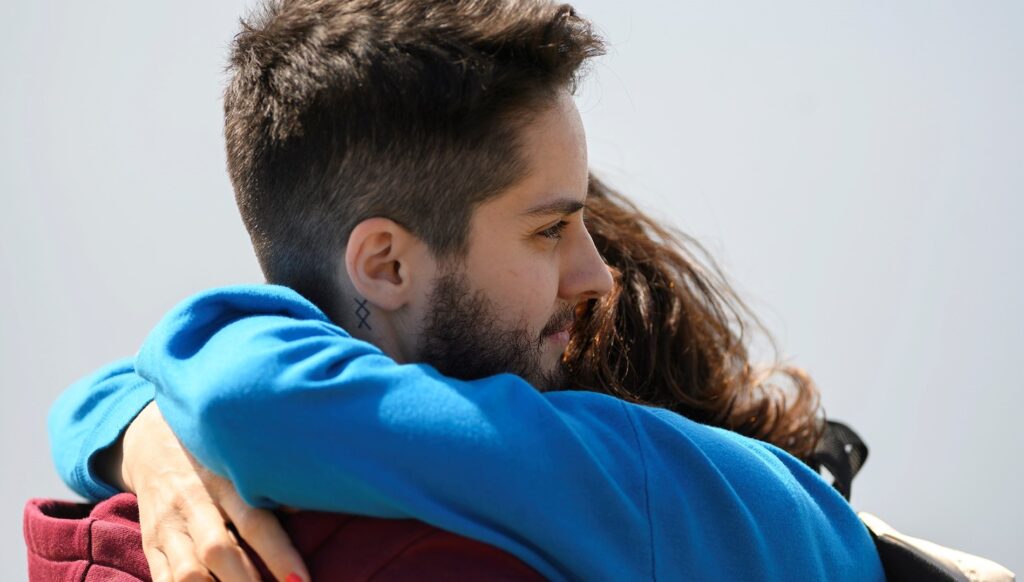

There has been much backlash already about the Toronto International Film Festival this year for having films that have misrepresented marginalized groups such as the LGTBQ. In already a difficult year, much more wood has been thrown to the fire as TIFF buyer Bryan Glick has much to say about these films that carry the LGBTQ story but not necessarily their true representation. The film that has got Glick all wound up is A Good Man directed by Marie-Castille Mention-Schaar. The film follows a couple who are madly in love and wanting to start a family. Benjamin, who is played by Noémie Merlant, and Aude, who is played by Soko, have some tough challenges ahead of them to do this. Benjamin who is transitioning to become a trans man on paper is already experiencing hardships from his family about this decision and from his friends from whom he is yet, to tell the truth. Aude is barren and cannot bear children which gives this couple a much bigger obstacle to climb. Benjamin decides that he will be a good man by having their first child through in vitro and bear more of the backlash for both of them when the child is born and their family is intact.
This is where the premise of the film had Bryan Glick irate and saying which was stated in the film blog Hammer To Nail, “TIFF has consistently served as a platform to dehumanize trans and non-cis persons while almost never showcasing films made by and/or starring non-cis persons. Showing a film like No Ordinary Man does not negate the harm of recent fest entries such as Girl, The Assignment, 3 Generations, The Danish Girl, and this year’s A Good Man, which are all horrifyingly problematic films. A Good Man stars a cis woman as a trans man who gets pregnant. Somehow in 2020, no one at TIFF saw this as a problem. To make matters worse, this year the fest has given a platform to transphobic director Halle Berry and notoriously homophobic Mark Wahlberg. The latter is not just the star but also a producer of Good Joe Bell, which is essentially a straight saviour film,” Glick shared.
Glick went on to say that straight actors playing queer roles is always part of the TIFF program and that it is a popular awards bait. Furthermore, Glick went on to say that “As the largest premier fest in North America, TIFF can and must do better. While TIFF is not responsible for Oscar voting, they are responsible for their programming and PR. With no openly queer actors nominated for playing queer roles in the last decade, the industry and TIFF seem to say that being queer is only valid when it’s performed by the majority straight cis world for the straight cis world. When most queer representation at the fest is from non-queer people, it provides an excuse for other fests to follow TIFFs lead,”
FERNTV: Tell us about the experience of naming this film A Good Man and what was that process like?
Marie-Castille: The title was obvious. And there is no equivalence in French. Everything that comes close is not as simple yet deep as A Good Man. Benjamin’s decision to carry their child, his courage to go through that process out of love for Aude and because it’s important for him to become a father demonstrates for me that he IS a good man.
FERNTV: Was your vision of this a lot more different from what you put together?
Marie-Castille: No. Only because I researched a lot about the subject before I even started writing. I read a lot of testimonials and life experiences around trans pregnancy and trans parenting and parenthood.
FERNTV: We are aware here on FERNTV that you have worked with Noémie Merlant in previous films but what was it about her exactly that you thought she would successfully carry on the role of Benjamin and what help did you give her to get her into the rôle?
Marie-Castille: Noémie Merlant possesses what great actors possess. The talent to express and communicate to the audience the most intimate and complex emotions. To feel the emotion is one thing. To be able to make the audience feel it too is a different dimension.
FERNTV: What part of this film struck a chord with you or hit home?
Marie-Castille: All of it. Since it is about fighting for the right to become a parent.
FERNTV: Where did you film A Good Man and why would this location complement so well to the story at hand?
Marie-Castille: The film has been shot on the island of Groix in Brittany. It is a very special place. There is particular energy there. I wanted Benjamin and Aude to put a distance between the continent (the rest of the world) and their new life. Somewhere they would have a new beginning. Groix is a very small island with only about 2500 people living there. There are more and more elderly people and they need care. It was obvious that Benjamin would find work there.
FERNTV: What was the biggest challenge in making this film?
Marie-Castille: Treating a subject that can appear to audiences as very remote from them and yet being able to touch them.
FERNTV: You started your career as a journalist and working for the Hollywood Reporter to becoming producer now a director in films. What are some of the pros and cons of becoming a filmmaker by first starting as a journalist and what is that transition like?
Marie-Castille: When I was a journalist, I never had any desire to become a director. I wanted to tell stories. Stories are what made me become a producer because I wanted to see them on screen. Stories pushed me to become a screenwriter because I wanted to share them. They eventually pushed me to become a director for the same reason. Telling and sharing stories has never left me.
In America, being a journalist, a producer, a screenwriter before directing will never be seen as a problem. It’s different in France. They like to put you in categories. If you have graduated from certain film schools, you don’t belong. Sometimes it’s frustration. Even hurtful or humiliating. But at the end of the day, what counts is the public. It doesn’t care about that. The public will embrace your film or not and that’s only what matters.
FERNTV: What are your thoughts in presenting this film during a pandemic?
Marie-Castille: It is frustrating of course not to be able to see it live at the Cannes Film Festival where you have been selected for the first time of your career. Same for all the other festivals that have or will show the film. The conditions are special. But let’s not complain. We have the opportunity to still write and make films. And that is such an immense privilege.
-

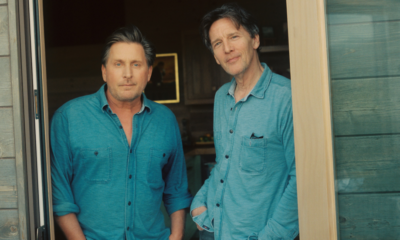

 ACTORS/ACTRESSES12 months ago
ACTORS/ACTRESSES12 months agoBRATS @Tribeca Film Festival 2024
-

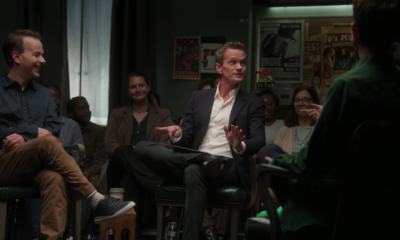

 FEATURES12 months ago
FEATURES12 months agoGroup Therapy @Tribeca Film Festival 2024
-

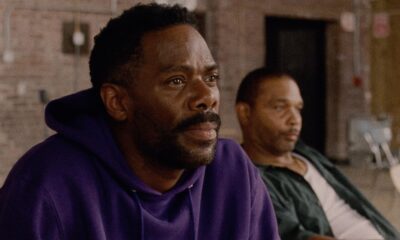

 ACTORS/ACTRESSES12 months ago
ACTORS/ACTRESSES12 months agoColman Domingo Blesses in Sing Sing @SXSW 2024
-

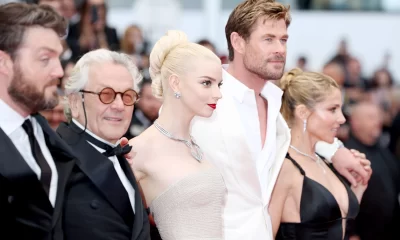

 ACTORS/ACTRESSES11 months ago
ACTORS/ACTRESSES11 months agoFuriosa Gets a Stunning 7-Minute Standing Ovation @Cannes 2024
-



 BIPOC12 months ago
BIPOC12 months agoDandelion Exceeds Expectations @SXSW 2024
-



 FEATURES12 months ago
FEATURES12 months agoDavid Cronenberg’s The Shrouds to Premiere @Cannes 2024
-



 FEATURES6 months ago
FEATURES6 months agoThe Gesuidouz Rocks Up @TIFF 2024
-

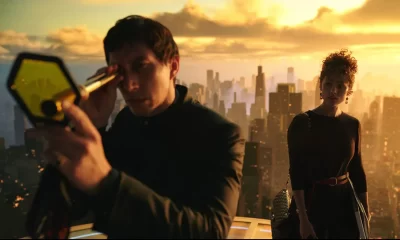

 ACTORS/ACTRESSES11 months ago
ACTORS/ACTRESSES11 months agoMegalopolis Receives Massive 10-minute Standing Ovation @Cannes 2024
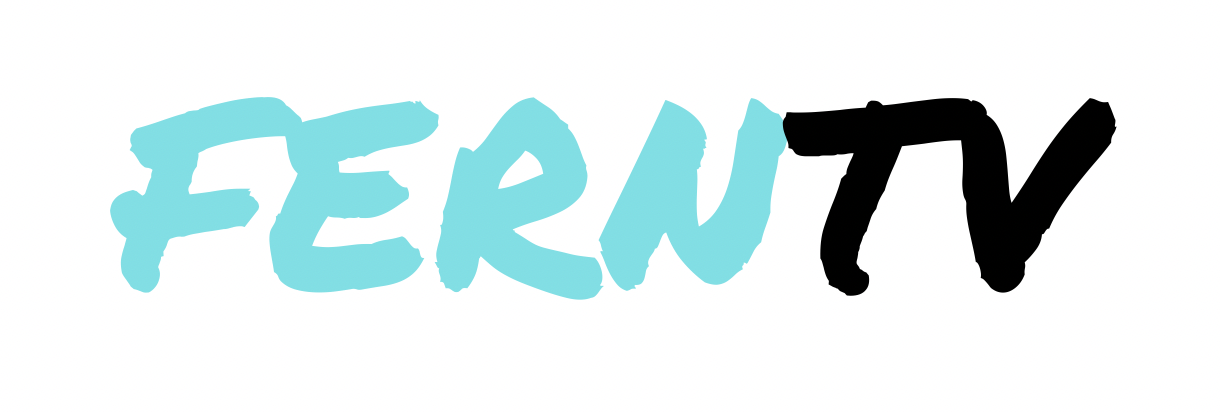
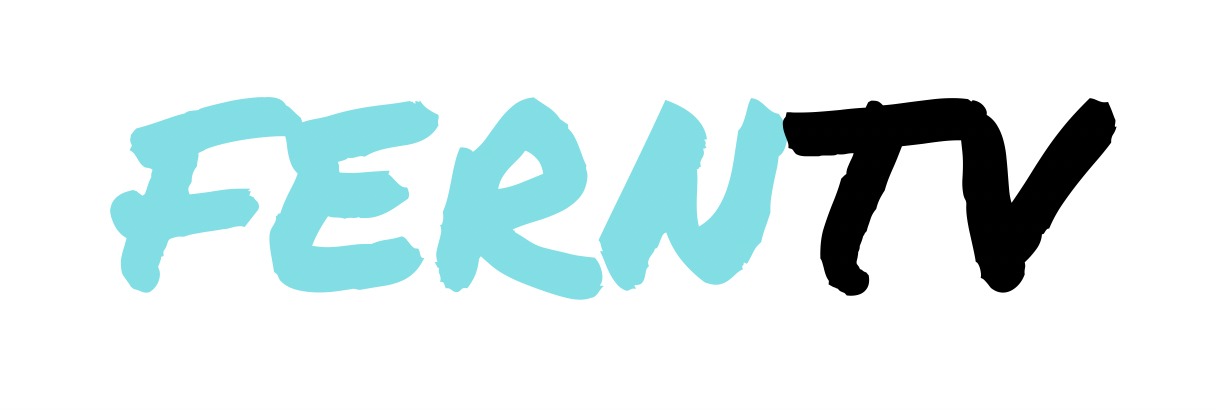
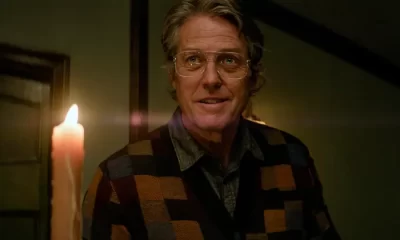

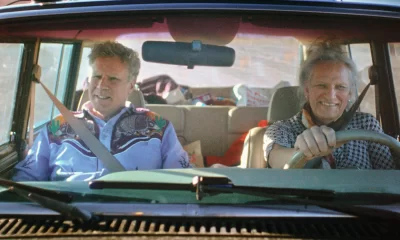

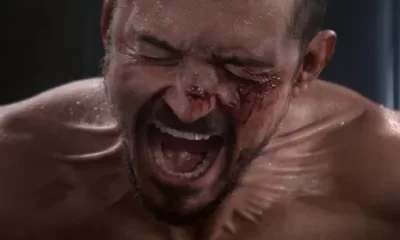

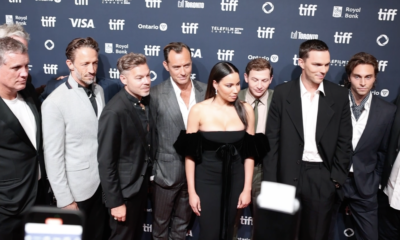

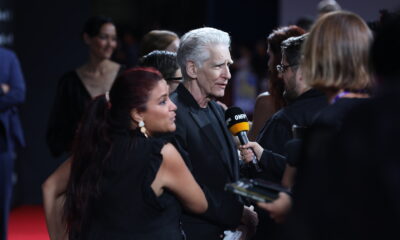

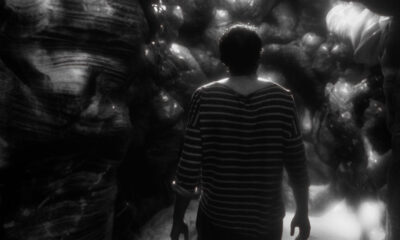




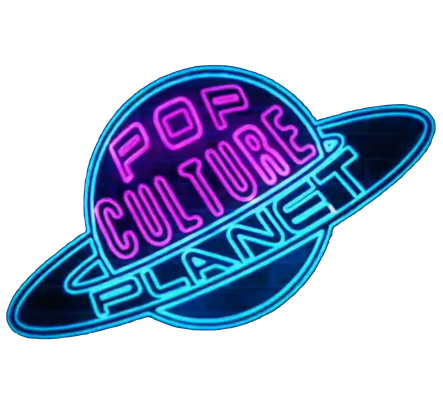
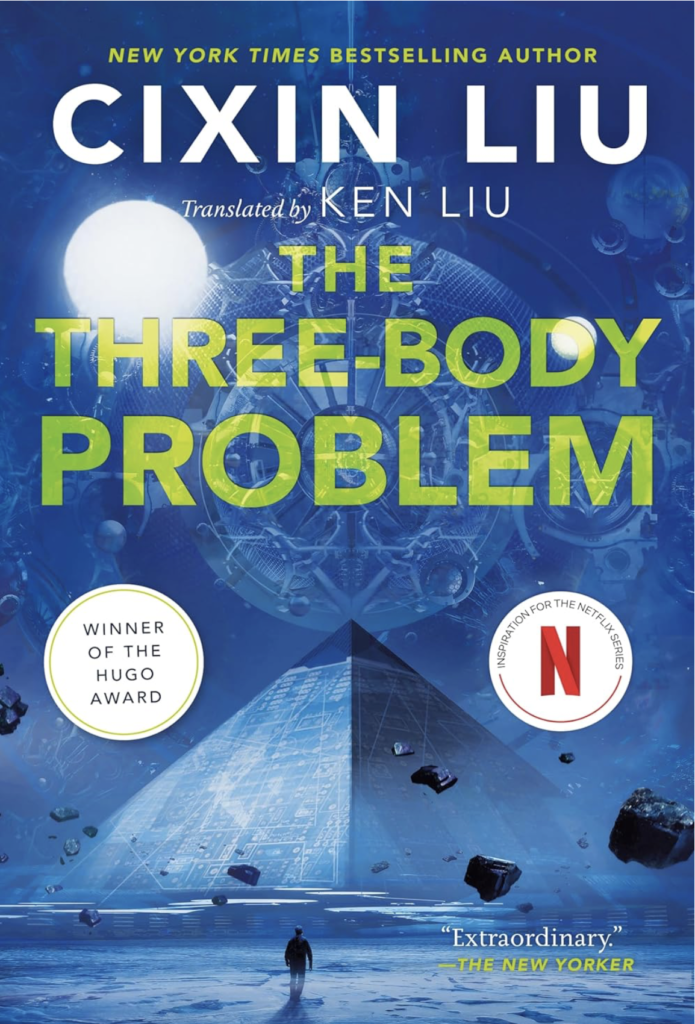
Pingback: Pulse Power rates